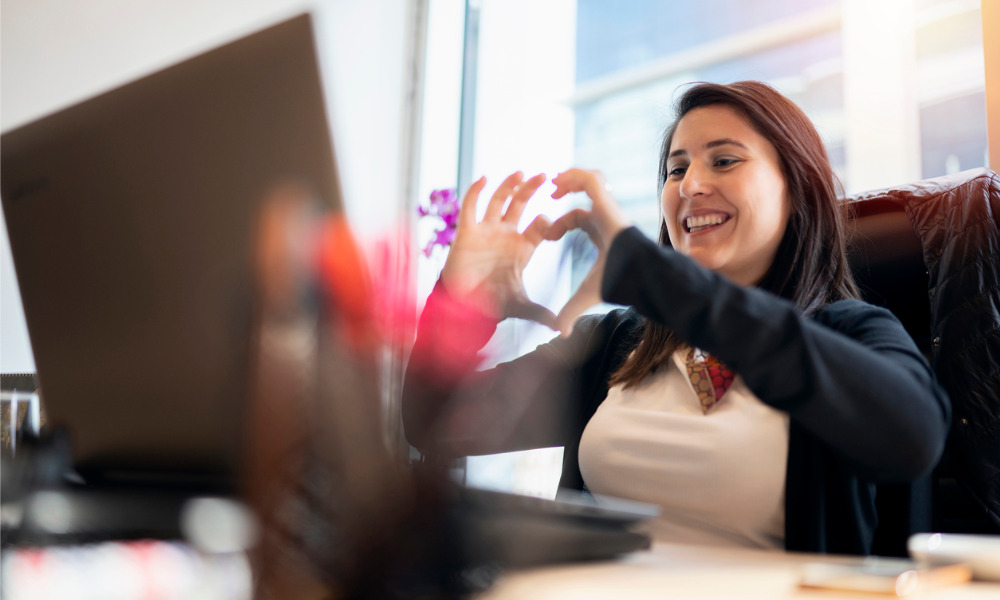
Virtual social gatherings should be specific and deliberate to succeed during COVID-19

Remote working or no remote working, the formula should remain unchanged when it comes to getting engagement right.
In a nutshell, it’s getting back to basics that matters most – that’s according to Karen Gately, founder of Corporate Dojo.
Gately told HRD that enabling engagement involves staying connected and making sure everybody communicates, both in groups and one-to-one.
Those same principles should apply during COVID-19, but the results obviously depend on how you go about doing it.
“A lot of organisations, for example, are saying ‘let’s have Friday night Zoom drinks. Everyone should get involved. We will sit around, have a drink in our hand and that will benefit all of us’.”
However, Gately said the reality is that Zoom drinks are very different to being in a room sitting next to colleagues and smaller groups of conversations start to happen naturally.
Consequently, Gately said a lot of people are finding Zoom drinks “pointless and somewhat frustrating”.
READ MORE: Is it too dangerous to bring staff back to the office?
“If there are too many people and a few dominating personalities it can be awkward and difficult to get engaged in it,” said Gately.
“So if you are going to have to have those team gatherings you need to be more careful in terms of how you are going to influence engagement.”
How can HR professionals go about doing this? Gately said it’s important to have an agenda that’s both specific and deliberate.
“Again, back to basics. What do you actually want to do in the session?”
Gately knows one company which is holding a weekly 30-minute quiz, however the setup is deliberately targeted to drive engagement.
Basically, what happens is that every week there is a new quizmaster because whoever wins the game is quizmaster for the next week.
“This keeps it fresh because the new quizmaster is going to come at it from a different angle and people actually have something to focus on,” said Gately.
READ MORE: How to thrive under pressure – and avoid burnout
“It’s not work, it’s just fun and people are actually doing something rather than sitting around hoping through the natural flow of conversation that they will all feel more energised.”
No matter what the activity is, Gately said it’s important to keep it new and mix it up.
“If you have a team meeting, for example, make sure you have an agenda that’s different from the last team meeting,” said Gately.
“Keep challenging what’s the best use of your time. It might be a weekly meeting about getting creative together and coming up with new ideas. The next week it could be a work in progress check in. Keeping it moving makes it more likely to be interesting to people.”
However, there’s one thing employers should be mindful of. Gately said it’s important to ensure that certain individuals are not dominating the conversation.
“So, it’s important to facilitate it in a way where we are getting multiple voices.”